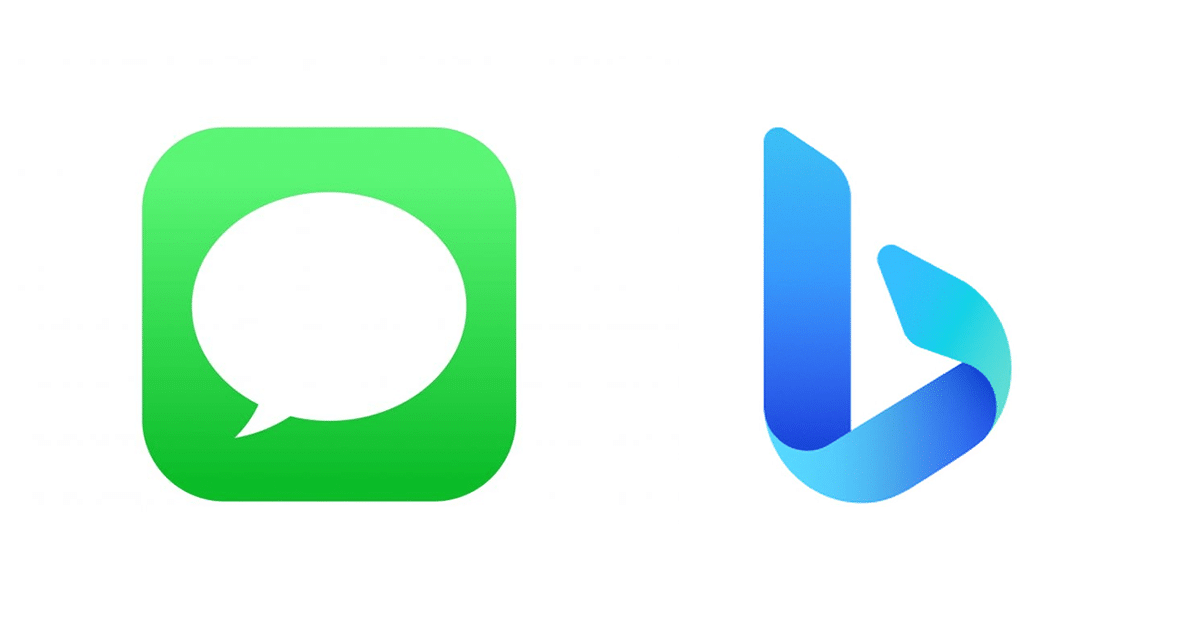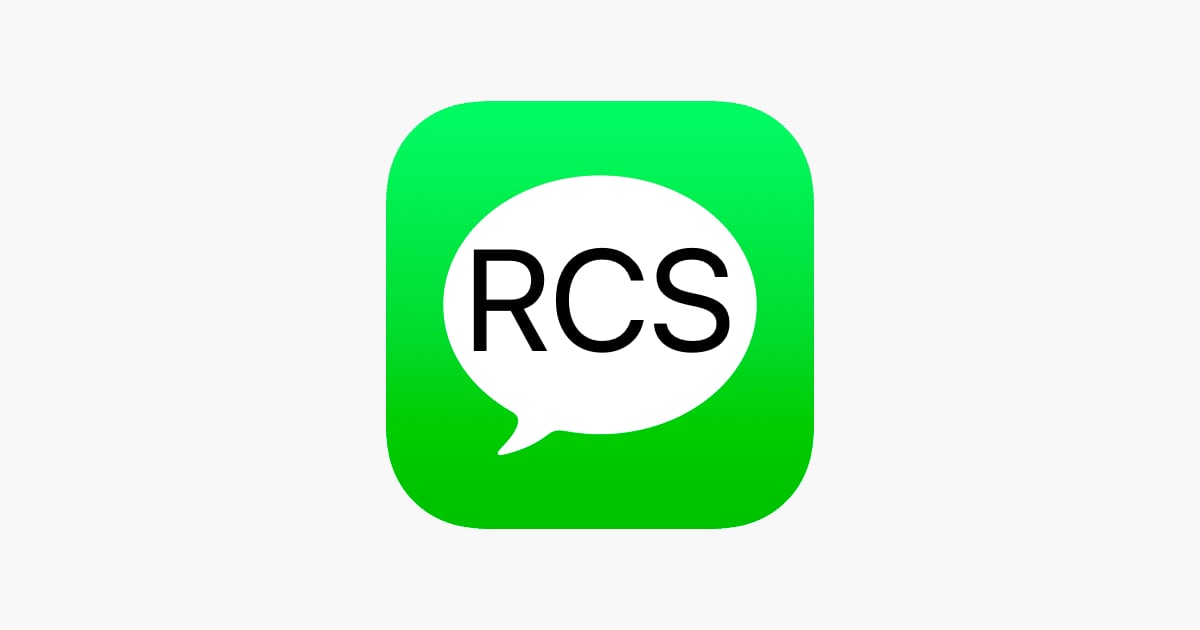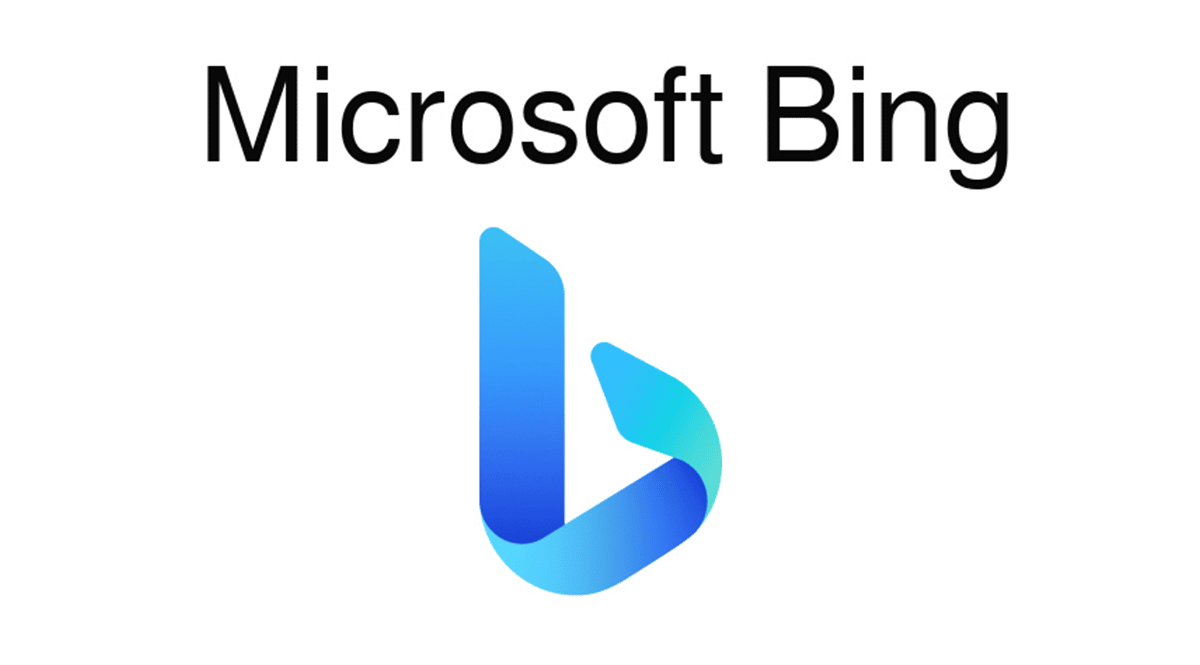The Digital Markets Act (DMA) of the European Union, which intends to limit the control of major tech firms, has faced its first obstacle. In a dramatic turn of events, Apple’s iMessage and Microsoft’s Bing search engine managed to avoid being categorized as “core platform services” subject to more rigorous rules and regulations.

Apple’s RCS support may be driven by regulatory concerns
Apple argued that iMessage, which is primarily used for personal communication, should not be subject to the DMA’s regulation of critical business tools. While the EU initially agreed with this argument, critics point out that iMessage’s dominance in certain regions creates a “blue bubble” exclusivity, which creates social pressure. Android users, who use the green bubble, feel ostracized, hindering competition and user choice. This raises concerns about the power dynamics within the messaging space.

Similar arguments were made for Microsoft’s Bing. Despite being the dominant search engine in Europe, Microsoft successfully argued that its market share, compared to Google’s, wasn’t significant enough to warrant regulation. However, some argue that market share isn’t the only factor. Bing’s close integration with other Microsoft products, like Windows, might still give it an unfair advantage.

This decision marks a setback for the DMA’s immediate impact. While tech giants might rejoice, the concerns about their influence remain. The lack of regulation potentially allows dominant platforms to maintain their walled gardens, hindering smaller competitors and limiting user choice.
This is just the beginning of the story. The exemptions for iMessage and Bing are based on current interpretations of the DMA. Future revisions or court challenges could change the landscape. Additionally, the debate on platform dominance and competition is far from over. Regulatory bodies are likely to keep a close eye on how these platforms evolve and might revisit the issue in the future.
(Via Bloomberg)
Read more: